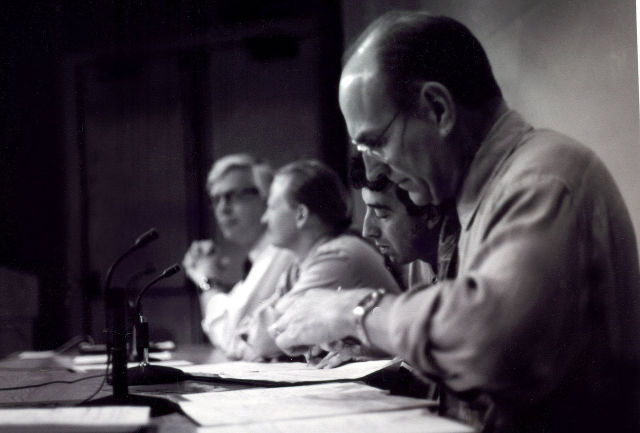Increase a Message’s Personal Significance to Improve its Recall
I am a firm believer that a person’s personal perception is their reality regardless of the underlying facts. Because of the perception issues, the primary speaker should alter their approach to accommodate the audience members and not expect the audience to adjust to the speaker’s preferred way of communicating. When we do this, too much is left open to chance and poor understanding. The speaker can say whatever they want, but is the communication being received in the way that…



